@bayaz Thank you! This is even worse than I thought! I will try some things out in the near future in order to find a stable way for banning accs.
testing
zu testzwecken > this is my favorite alt acc on the fedi
- 55 Posts
- 75 Comments
@bayaz It’s you who gave me food for thought, alongside many other moderators! I only found out yesterday how to properly ban spam accs on kbin.social.
I really appreciate all efforts to grow and take care of communities, be it on kbin, on lemmy, or on mbin! Every day, I try to keep learning from other moderators.
Given the sheer lack of moderation tools, many mods do great work. I hope the situation will improve so that moderatoring will become easier.
@Kierunkowy74
Yes, moderators can access the reports tab within the magazine panel. Every report must include some reason, hence moderators see them. Regarding bans: without giving a proper reason, no ban can come into effect.You can also check the modlogs on kbin and lemmy instances for bans (does not apply to mbin).
@bayaz @jayrhacker
@jayrhacker
Would you elaborate on this?
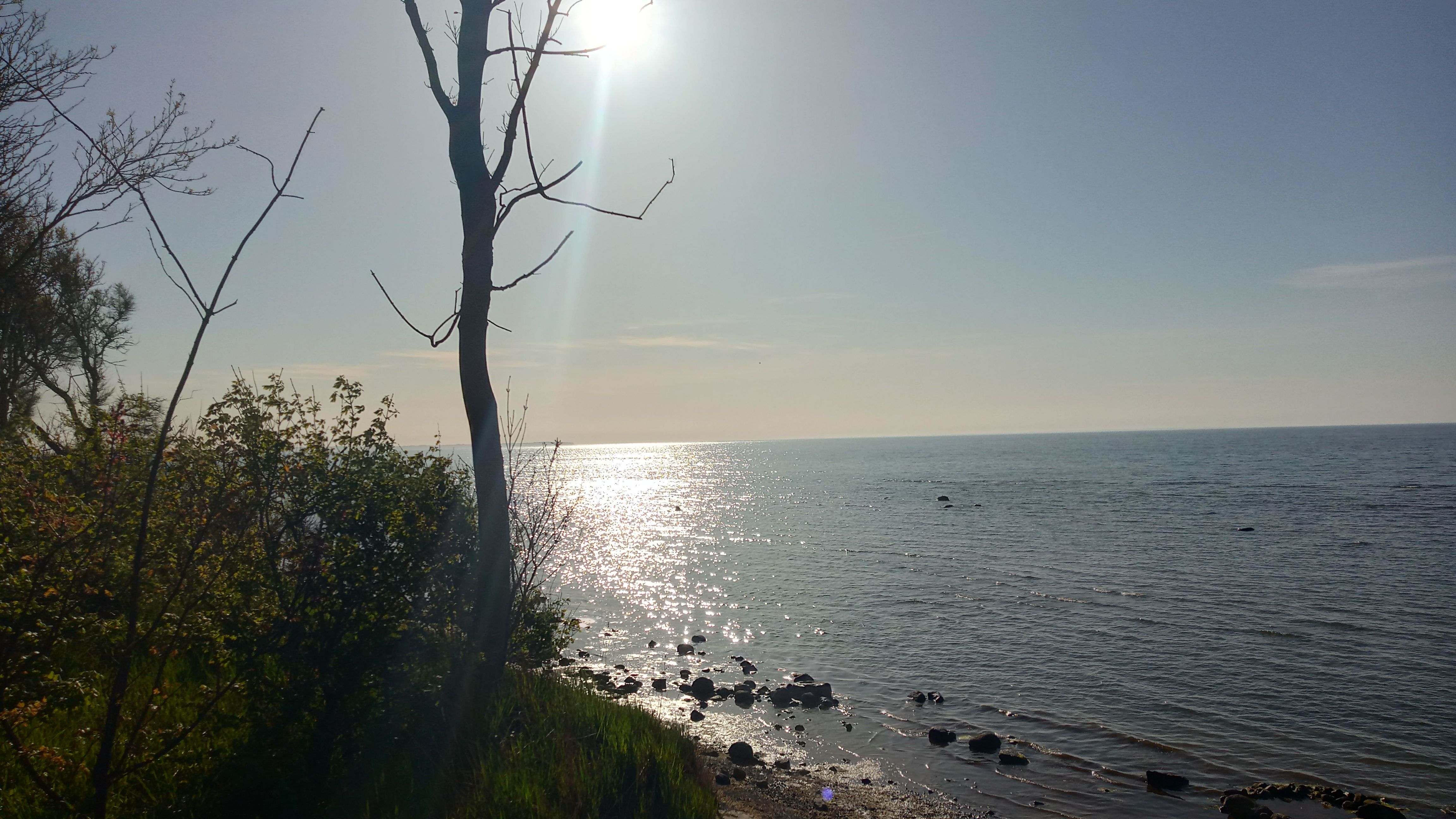
 1·10 months ago
1·10 months agofrom the interview:
“Yehoshua Radler-Feldman, known by his pseudonym R. Binyamin (1880-1957) was a Galician-born, observant Jew, a prominent figure in modern Hebrew literature and journalism, and, although a committed Zionist himself, a sharp critic of the Zionist settler-colonial repertoire of perceptions and practices. He was one of the prominent figures in the movements that called for the establishment of a joint Jewish-Arab political framework during the British mandatory period and criticized the Zionist alliance with and reliance on the British colonial authorities. He also turned against the secular Zionist notion of an exclusive sovereign that reclaimed Biblical Jewish existence in Palestine, while he adhered to traditional Jewish notions of existence in Palestine, Eretz Yisrael, which enabled him to explore the notion of binational existence. Following the establishment of the state of Israel and the Palestinian Nakba, he founded the journal Ner, which served to voice the demand for the return of the Palestinian refugees, and where various representatives of those Palestinians who remained inside the state of Israel (48 Palestinians) published their articles as well.”

 1·10 months ago
1·10 months agofrom the article:
Acting Director General (DG) of MOH, Dr Posikai Samuel Tapo, revealed that a Memorandum of Understanding (MOU) will be signed this Friday to allow the Manila Times University of Philippines to offer nursing courses.
As part of the agreement, the Manila Times University will enter the country with its staff and facilitators to provide access to nursing education while the ministry will provide learning facilities, according to the Acting DG.
He said it is possible that they will be using the Vanuatu College of Nursing Education (VCNE) to run their courses. VCNE is ceasing operation for the next five academic years because it does not meet some standard requirements set by the Vanuatu Qualifications Authority (VQA).
A priority of the MOH is ensuring Vanuatu continues to produce its own nurses despite the closure of VCNE. The ministry is bringing in more Solomon Islands nurses to fill existing critical positions and also securing scholarship opportunities abroad for students who want to pursue studies in nursing.
The Assistant Vice President for Student Recruitment and International Services at the Manila Times University, Annabelle Lesaca, said after an exploratory visit to Vanuatu that they want to introduce their elite medical courses like Bachelor of Science and Nursing, Bachelor of Science and Medical Technology, Bachelor of Science and Pharmacy, and even Doctor of Medicine.
Lesaca said they want to offer nursing courses because Vanuatu needs it.
She said that Philippines’ nurses and doctors are some of the best in the world, they practise medicine in a lot of countries.
“The Philippines educational system is very much focussed on the bachelor degrees. We have very good nurses and doctors. I would like Vanuatu people to try our curriculum…for students who want to pursue the elite courses, I strongly urge they do because Vanuatu needs you,” she said.
#vanuatu #pasifika #philippines #nursingeducation #cooperation #workforceshortage #tootsea
 2·10 months ago
2·10 months ago@ThatOneKirbyMain2568
truly a long time issue! arrows work for the 2nd page only > same problem occurs in the microblogging section: arrows do not work

 2·10 months ago
2·10 months ago@ThatOneKirbyMain2568
moreover, i would love to see kbin and mbin devs joining forces, thereby reducing each other’s workload :)

 3·10 months ago
3·10 months ago@ThatOneKirbyMain2568
can’t tell how much i enjoy kbin fr 😊i hope that the project itself will become more stable, and that ernest will find someone to admin kbin.social, so that ernest can focus on software development
 1·10 months ago
1·10 months ago@genesis i get your question! what does annoy you the most?
@JohnDClay
massive database issues - stux gives some explanation in the linked thread
 20·10 months ago
20·10 months ago@ernest thank you for all the work you have dedicated to kbin!
i wish you are getting all support needed right now!

 1·10 months ago
1·10 months ago@lacouvee
you are welcome :)re: asymptote journal: it’s a small, taiwan-based project with a down-to-approach > asymptote has not published a new issue for quite some time, but the blog is very much alive, and the asymptote’s archive is a treat, so i keep waiting and stick to the blog in the meantime
re: languages: being german myself, i grew up monolingually, and began picking up some other languages only in my early teens > it absolutely broadened my horizon

 1·10 months ago
1·10 months agofrom the article:
A significant milestone on CARICOM’s agenda is the implementation of free movement for all CARICOM nationals within the community.
Dr. Barnett said the focus is now on efforts to implement the free movement of all CARICOM nationals within the Community by March 2024 as determined by Heads of Government.
from the article:
The undated letter outlines several concerns, including “the increasing state of public corruption; the high level of violent crime; the [Government’s] failure to provide promised service delivery; unfulfilled promises to the diaspora regarding its involvement in the political process; and the legal defence that diaspora members do not have standing to sue the Government”.
It came above the signature of Dr Rupert Francis, who was identified as chairman of the Jamaica Diaspora Crime Intervention & Prevention task force.
According to the retired Jamaica Defence Force captain, the letter was written on behalf of concerned Jamaicans living in Jamaica and the diaspora and is a call to action.
“I wish to inform you, and by extension, the Jamaican Government, that the diaspora will engage Jamaica’s international partners to seek redress of our grievances. These international partners will include donor countries and organisations and Congressional/Parliamentary committees,” Francis wrote in the letter.
“We recognise that there are issues of corruption. Of course we recognise that there are issues of crime and violence. Of course, we recognise that there are issues with education. But this is where we have to build the country with our capacity as Jamaicans living overseas. To help with best practices and to invest in those start-up entrepreneurs,” said Peat.

 1·11 months ago
1·11 months agofrom the interview:
In June 1975, Indira Gandhi, the third Prime Minister of India, imposed a State of Emergency throughout the country in response to what she called a “conspiracy” against her. Convicted of corruption and threatened by a growing opposition and mass demonstrations, Gandhi acted ruthlessly. Basic civil liberties were suspended, thousands were detained without trial, censorship imposed, and corruption reached new heights. Surprisingly lifted after twenty months, the Emergency became an anomaly in India’s democratic history—and was all but forgotten for many years, except, significantly, from literary fiction.
Refracted in the pandemic emergency, it became clearer in my study that emergencies worldwide are not only similar to past emergencies, but that they are constructed on a template of “emergency”: a structure within which an emergency could be comprehended despite its ostensible singularity. In other words, emergencies are unprecedented, but need to be recognizably so.
Building on existing scholarship, I argue, for example, that the neither-left-nor-right opposition to the Emergency was pivotal in legitimizing the fringe elements of this Hindu right, paving the way to the rise of today’s BJP government. I also show how the mass forced sterilization campaign, which is often seen as emblematic of the Emergency, was in fact a continuation of a long-standing globally-funded project of population control. Relatedly, the Emergency was central to family and class politics in India, revealing that there were individual elite families that need to be guarded and preserved and lower-class families of populations that need to be limited and curtailed.
The question of unprecedented political emergencies brings us to our present crisis in Israel/Gaza. I wish to speak about it with care, both because it is ongoing and shifting all the time, and because I speak of it from a very personal and very painful place. As an Israeli, I am in anguish about the people and places decimated by Hamas’ attack on October 7. At the same time, I am paralyzed by my feelings of shame and complicity in the senseless carnage that Israeli has unleashed on Gaza.
The current deadly violence is not, in fact, either a singular moment of crisis, nor an inevitable result of a two-sided “conflict” in which we must line up to take sides. It is deeply embedded in a complex historical context, inextricable from occupation of Palestinians by Israel, with its attendant apartheid regime and ethnic cleansing.
#india #emergency #corruption #colonialism #civilLiberties #israel #palestine #gaza #war #militarization #violence #histodons

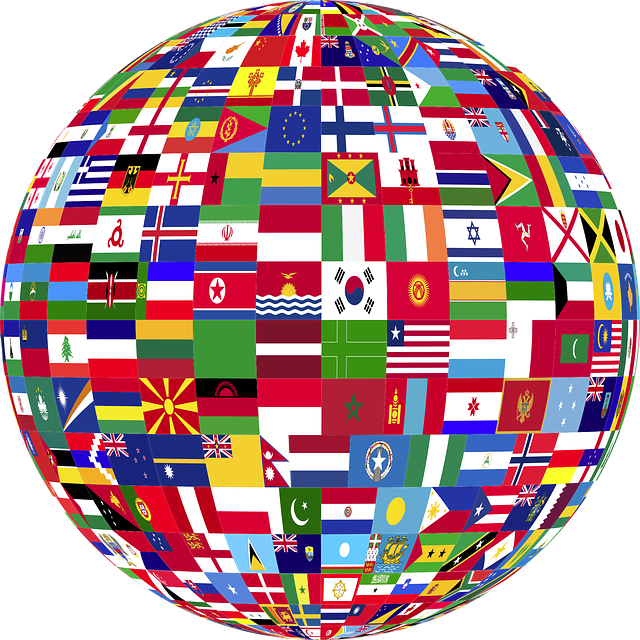 1·11 months ago
1·11 months agofrom the article:
At the time of his death, he was serving an eight-year prison sentence for a graft conviction.
His attorney, Petrus Bala Pattyona, said Lukas had been diagnosed with acute kidney failure since the start of his legal proceedings and he died at around 10:45 a.m. at 56 years old.
“He was first diagnosed with kidney failure amid the court hearings in October,” Petrus said.
Enembe was arrested by the Corruption Eradication Commission (KPK) on Jan. 10, 2023, as he was trying to flee the country. Since his arrest, Lukas Enembe had been in poor health, leading to his hospitalization. Lukas claimed to have suffered a stroke and kidney failure. After his condition improved, Lukas was detained at the KPK Detention Center.
The Jakarta Anti-Corruption Court found former Papua Governor Lukas Enembe guilty of corruption and sentenced him to eight years in prison on Oct. 19, 2023. In addition to the prison term, he was ordered to return Rp 19.7 billion ($1.2 million) in embezzled state funds and fined Rp 500 million.
During his tenure, Lukas has been accused of accepting Rp 47 billion in bribes from private companies that secured contracts with the Papua government. He also faces a separate indictment related to money laundering allegations after the KPK seized a substantial sum of banknotes worth Rp 82 billion in various denominations from him.
The Financial Transaction Reports and Analysis Center (PPATK) revealed that Lukas made payments totaling 55 million Singapore dollars (US$39 million) to overseas casinos since 2017. This information came to light after analyzing the governor’s financial records at the KPK’s request. At one point, Lukas made a single casino payment of 5 million Singapore dollars, according to the PPATK.
KPK was also investigating allegations of the purchase of a private jet by Lukas Enembe. The KPK suspected that the purchase of the jet was related to the alleged receipt of gratuities and money laundering offenses.
#papua #papuaBarat #westPapua #indonesia #obituary #corruption #colonialism
@itsaj26744
misskey and its cutlery set of forks all have rss support > among them, rss support of firefish and iceshrimp could easily be labeled “rss eye candy of the fediverse”rss feeds on the *keys follow the model:
https://instance.name/@user.rssatom feeds are also available:
https://instance.name/@user.atom

 3·11 months ago
3·11 months agofrom the article:
These policemen do all the planning and then engage the ‘wanted boys’ to carry out the main criminal holdups … even the firearms belong to them," the leaders claim in a petition sent to the government.
Mike Piau is one of the “wanted boys”.
He said he was bashed up and arrested by police in 2020 when he refused to take part in a robbery.“They almost shot me with a pistol. When I didn’t do what they asked, they turned on me and arrested me and beat me up,” he told the ABC.
Mr Piau told the ABC he had been approached by police because he was an influential resistance fighter during the Bougainville crisis from 1988 until 1998.
At the time, local dissatisfaction with a major mining project sparked an armed uprising against the PNG government in which 20,000 people died.
Other “wanted boys” the ABC has spoken with say they are now hiding out in villages to escape arrest.
Mr Piau said the alleged police misconduct could hurt Bougainville’s independence bid.
“These sort of men will create bigger problems which will impact our road to independence,” he told the ABC.Despite the 2019 referendum, which was non-binding, Bougainville’s fate lies in the hands of the PNG parliament, which is yet to make a decision on the issue.
The Bougainville Police Service still operates under the auspices of the Royal Papua New Guinea constabulary and is largely dependent on funding sort of coming through the PNG government system," he said.
Dr Dinnen said there was some community mistrust in the police following the Bougainville crisis.
When tensions began to break out in the late 80s, the PNG police deployed mobile squads to the region.
They were later accused of serious human rights abuses.“There’s a kind of memory of that other kind of policing, that Bougainvilleans did not want to duplicate or replicate,” Dr Dinnen said.
Dr Peake said Australia had a role to play in training the PNG police, which it has done for decades.
#bougainville #png #PapuaNewGuinea #pasifika #violence #corruption
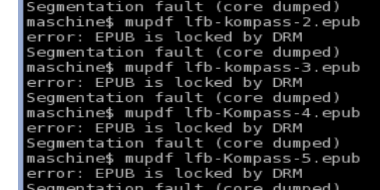
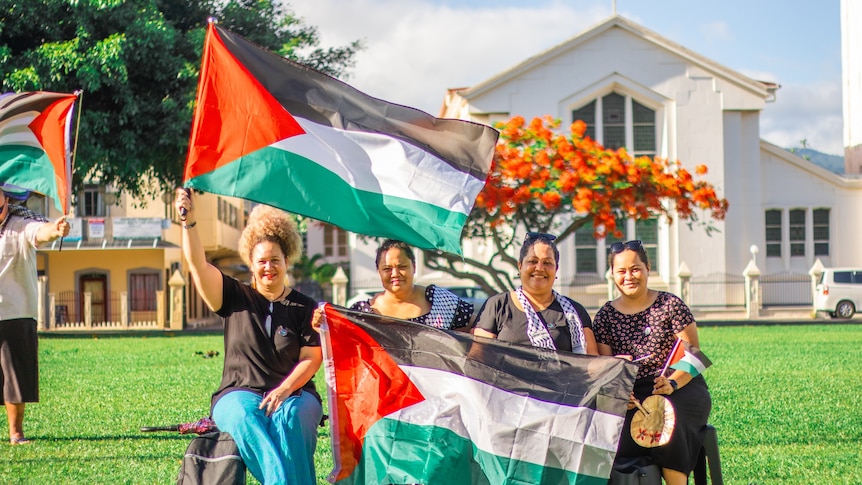
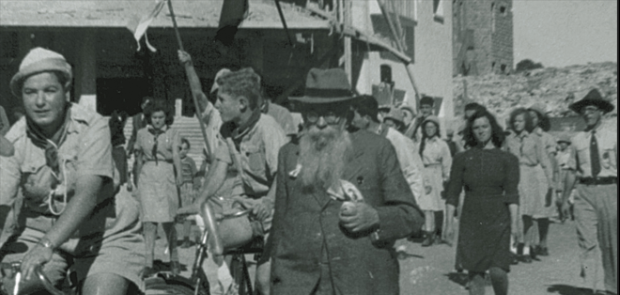

@Gordon_Freeman
It really depends on the very magazine. Basically, it’s magazines with Ernest as sole moderator where these problems occur. I’d give it a wait.
@Haus